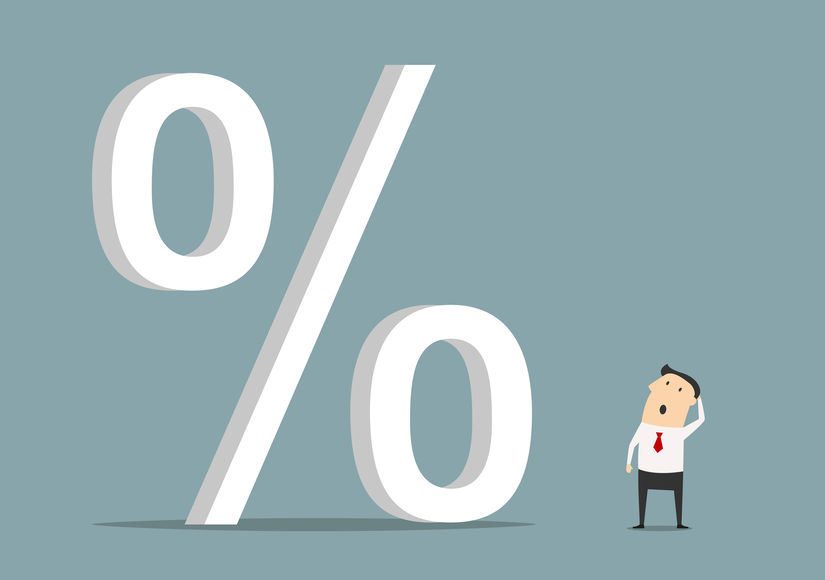Creditors often times procure loan agreements with outrageous amounts of interest so that they can ultimately take advantage of those individuals who are in need of funds. More often than not, the individual becomes indebted to the creditor for far more than the amount they agreed upon initially. These high interest rates are known as usury and are both a civil and criminal offense.
Usury stems from biblical roots, as the Old Testament references the injustice of usurious interest. Fortunately, each and every state has Interest Rate Laws law that essentially puts a statutory cap on the amount of interest a consumer can be charged in a lending transaction. As easy as it may sound, usury is actually a quite complex legal area that carries many nuances. Depending on the category of transaction and the type of lender, special laws may or may not apply. National banks, as an example, are exempt from usury laws as federal bank regulations have preempted state instituted mandates.
What are the Interest Rate Laws in Maryland?
In order to safeguard consumers against unconscionable interest rates, Maryland considers interest to be usurious if the rate is over 6 percent per annum (based on a 365-day year) on the unpaid balance of the loan, however, if there is a written agreement, a lender cannot charge more than 8% interest. Whereas court judgments that bear interest are capped at 10 percent.
Maryland’s Commercial Code, however, does not define loan agreements with interest rates that have a durational period of less than one year as usurious, and for that matter, the interest rate laws will not apply. Nevertheless, the penalty for facilitating an unlawful usury rate is the forfeiture of three times the amount of excess interest collected by the creditor, or a $500 fine, depending on whichever is higher.
What is Considered Usury in Florida?
As set forth in the Florida Statutes, all lending agreements, lines of credit or money advances for less than $500,000 that contain an interest rate of higher than 18 percent per annum is declared usurious and unlawful. However, any loan that is greater than $500,000 is statutorily capped at a 25 percent maximum. In addition to civil usury penalties, the penalty for criminal usury in Florida can range from a misdemeanor offense going all the way to a third-degree felony.
In 2018, notwithstanding Florida’s interest rate laws, the Fourth District Court of Appeal held that the state’s usury laws did not apply to used car purchases where the contract for sale was a retail installment sales contract. In this instance, the contract would be governed by the Florida Motor Vehicle Retail Sales Finance Act.








